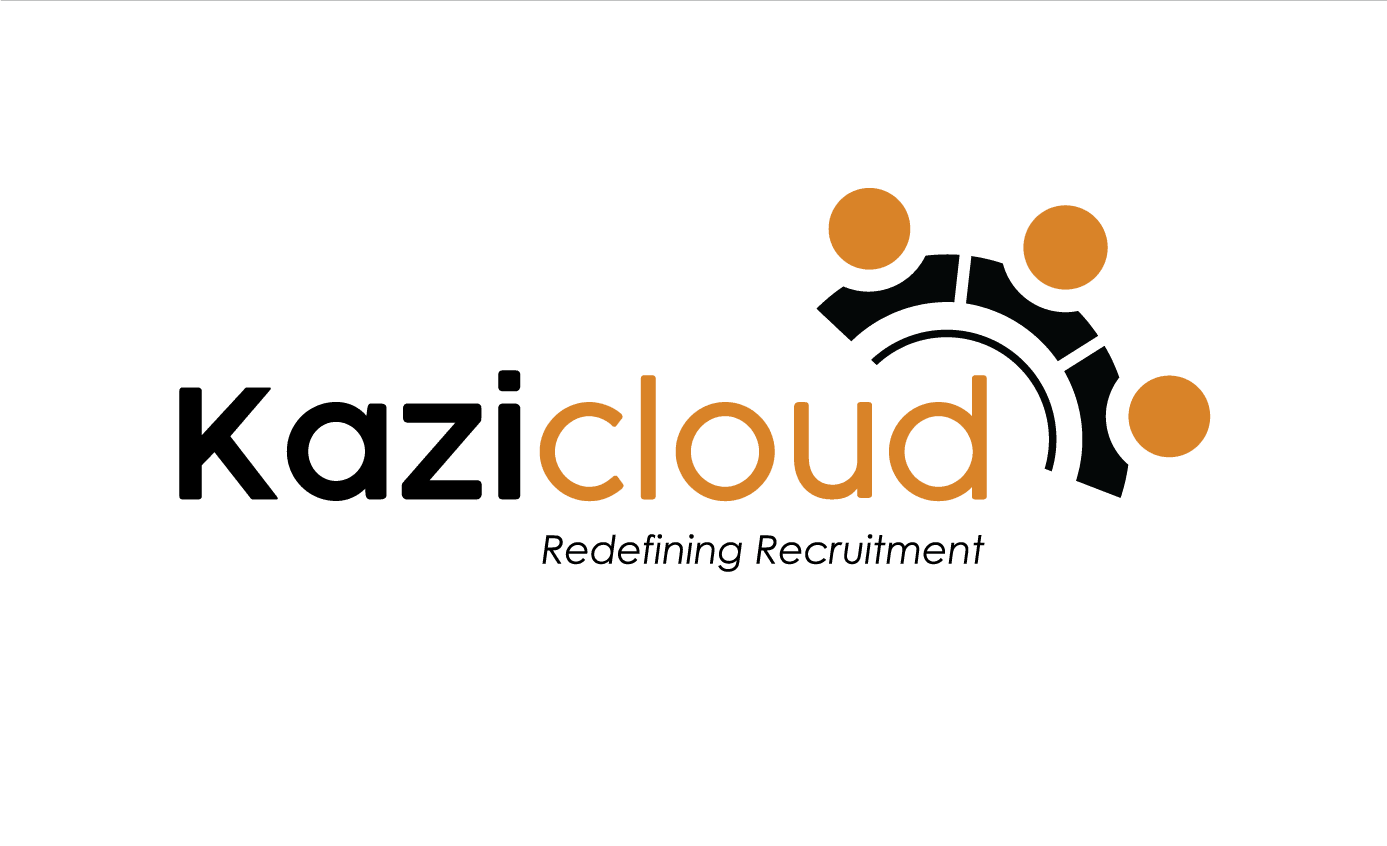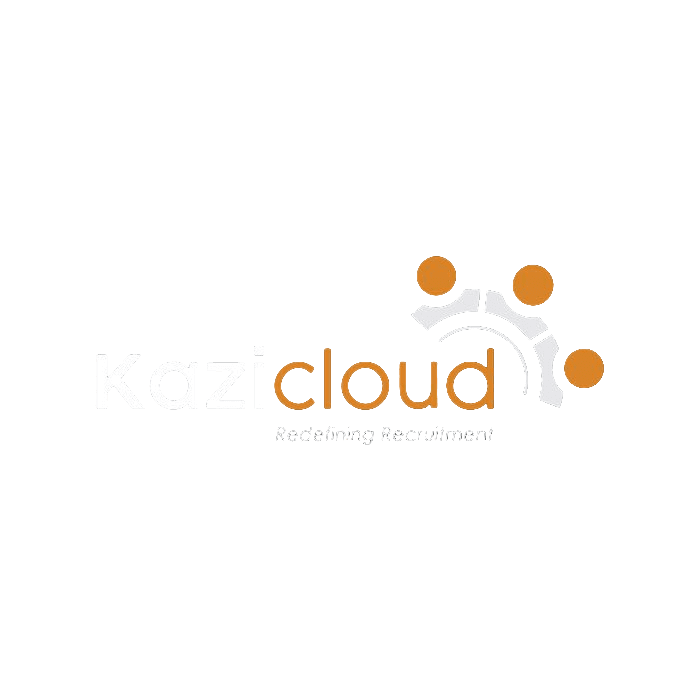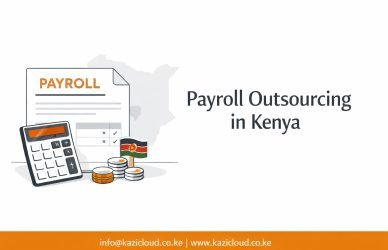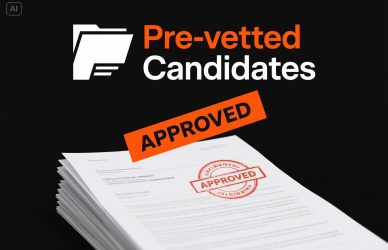Key Highlights
- Creating a strong international CV is crucial for a global job search.
- When you’re applying for jobs around the world, knowing the difference between a CV and a resume is key.
- To make a CV that stands out globally, you need to include the right parts.
Looking to work outside of Kenya? Creating a strong international CV is crucial for a global job search. Employers around the world want candidates who know the local job market. A generic international resume or CV for abroad jobs might not meet their expectations, hurting your chances.
Recruiters in different places value different skills and qualifications. For instance, some like brief summaries, while others want detailed work histories. This guide will show you how to make your CV fit these standards, making your experience stand out anywhere.
Key Takeaways
- Customize your international CV to match regional formatting and content norms.
- Highlight language skills and cross-cultural experience to succeed in global job search efforts.
- Learn how to address privacy laws and photo requirements in international hiring practices.
- Discover ATS-friendly strategies for international job applications to pass automated screening tools.
- Understand education and certification verification processes for roles abroad.
Understanding the Global Job Market Landscape
Kenyan professionals looking for jobs abroad need to understand the international job market. The global employment trends are changing. This is due to the economy, industry growth, and changes after the pandemic.
Regional Employment Trends Worth Knowing
Job trends differ by region. Europe and the Middle East focus on tech and healthcare. Asia, on the other hand, looks for finance and education experts. Here’s a comparison of top sectors by region:
| Region | Top Sectors | Key Opportunities |
|---|---|---|
| Europe | Tech, Healthcare | EU digital transformation projects and aging population needs |
| Middle East | Renewable Energy, Construction | UAE’s Vision 2030 and Saudi NEOM city projects |
| Asia | Finance, Education | India’s IT outsourcing and China’s Belt & Road initiatives |
Industry-Specific Opportunities Across Borders
- Tech: Africa’s growing developer talent is in demand for EU startups and Asian tech hubs
- Healthcare: WHO reports show 15% global nurse shortages favoring Kenyan medical professionals
- Education: Online learning platforms seek certified African educators for multicultural curricula
How the Pandemic Reshaped International Hiring
“Post-pandemic hiring now prioritizes remote-first roles, with 40% of global employers expanding cross-border recruitment in 2023.” – World Economic Forum
Remote work has opened up cross-border job opportunities. You don’t need to move right away. Now, virtual interviews and digital checks like LinkedIn Talent Solutions are key in hiring worldwide.
Key Differences Between CVs and Resumes Worldwide
When you’re applying for jobs around the world, knowing the difference between a CV and a resume is key. In North America, people often talk about the CV versus resume debate. Resumes are short summaries, while CVs (curricula vitae) are detailed records of your education and work history.
In Europe, Australia, and Asia, the terms are used the same way, but the expectations differ. For example, in Germany, CVs need to be very formal with exact dates. In the UK, employers like chronological formats better.
“A single-page resume won’t suffice for Swiss engineering roles—employers expect a 3-5 page CV highlighting every project milestone.”
In Kenya, you need to adjust to international resume formats. In South Africa, you might include language skills. In the Middle East, employers might ask about your religion or marital status.
For global job applications, it’s important to be clear. Don’t use the same template everywhere. Instead, find out what each country wants.
- Europe: Emphasize work experience chronologically.
- Asia: Prioritize education and certifications.
- MENA: Add cultural context like language skills.
Choosing the right CV versus resume is crucial for your application. Study examples of country-specific CV styles to avoid mistakes. Your success depends on these details when applying globally.
Essential Elements Every International CV Must Include
To make a CV that stands out globally, you need to include the right parts. Here’s how to show off your skills to employers everywhere:
Contact Information Best Practices
- Use international contact details like +254 phone codes for Kenya.
- Choose a professional email (e.g., firstnamelastname@gmail.com).
- Only include personal social media if it’s relevant to the job.
Professional Summary That Crosses Borders
“A strong global professional summary bridges cultural gaps by emphasizing universal skills.”
Start with 3-4 sentences that highlight your adaptability, language skills, and achievements. For example: “Kenyan marketing professional fluent in Swahili and English, driving 20% sales growth in East Africa.”
Education Credentials for Global Recognition
To make your worldwide education credentials clear, do the following:
- List Kenyan degrees with grading scales (e.g., CGPA 3.8/4.0).
- Include accredited institutions like JUPEB or TUK.
- Highlight certifications from recognized bodies (e.g., CPA Kenya).
Work Experience That Resonates Internationally
When showing your cross-cultural work experience, use action verbs and numbers:
- “Managed a 15-person team in Nairobi and Dubai, 2018–2021.”
- Use terms that everyone can understand: “client success” instead of local terms.
By focusing on these essential CV components, you make sure your CV is clear and appealing to any employer.
Cultural Considerations When Applying for International Job Applications
Understanding cultural CV differences is crucial for success globally. International application etiquette varies a lot. Kenyan professionals need to grasp these differences to excel abroad. Here’s how to tackle these challenges:
Western vs. Eastern Expectations
In Western markets like the US and UK, it’s important to show off your achievements and be bold. Eastern cultures, such as Japan or Germany, value teamwork and humility. Kenyan applicants should adjust their CVs to fit these customs.
For East Asia, focus on teamwork. For Silicon Valley, highlight innovation. This way, you’ll stand out in different parts of the world.

Photo Requirements Across Different Countries
- Include a professional headshot in Germany, France, or Japan—where CV photos by country are standard.
- Omit photos in the US, Canada, or Australia to avoid unconscious bias risks.
- Ensure attire matches local norms: formal suits for Europe vs. traditional kanzu for Gulf countries.
Personal Information Customs and Privacy Concerns
Personal information requirements differ greatly. In the EU, GDPR limits sharing personal details unless asked. Yet, in the Middle East, employers might want this info. Here’s what to do:
- Include only mandatory details per the country’s laws.
- Check local platforms like LinkedIn for examples of accepted formats.
- Avoid adding unnecessary data—Kenyan applicants should research regional norms to comply with privacy expectations.
“Respecting cultural norms in CV formatting reduces rejection risks by up to 30%,” states the International Labour Organization’s 2023 report on global hiring practices.
Language Optimization Strategies for Your Global CV
It’s key to show off language skills on CV for Kenyan pros. Use CEFR levels (A1-C2) to show your skill level. Saying “Professional fluency (C1) in English and Swahili” boosts your credibility.
Choose between a multilingual resume or a translated CV. For EU jobs, include English and French sections. For Germany, a German international CV translation is needed. Bullet points help make these choices clear:
- Full translation for high-priority markets
- Bilingual versions for dual-language regions
- Language proficiency notes for all applications
Learn the global resume terminology differences. British and American terms like “lorry driver” vs “truck driver” are important. Here’s a table comparing key terms:
| Industry Term | UK | US |
|---|---|---|
| Assistant Manager | Store Manager | Supervisor |
| Cheque | Cheque | Check |
Use industry-specific vocabulary that fits your field. Healthcare workers, for example, use “GP” in the UK but “primary care physician” in the US. Lastly, get a native speaker to check your multilingual resume for cultural and grammar accuracy.
Formatting Your CV to Meet International Standards
Learning international CV formatting means understanding what each region likes. Here’s how to make your CV fit global standards:
Length Guidelines by Region
| Region | Recommended Length |
|---|---|
| Europe | 2-3 pages |
| US | 1-2 pages |
| Australia | 2-4 pages |
| Asia | 2 pages max |
Design Elements That Travel Well
- Choose universal CV design with simple layouts and fonts like Arial or Calibri.
- Keep it simple with black/gray text on white backgrounds. Avoid too many colors.
- Charts and graphs are okay, but they should fit the job’s field.
File Formats and Digital Compatibility
Make sure your CV is ATS-compatible:
- PDF: It keeps your layout but must follow digital resume standards.
- Word Doc: It’s best in the US and Canada for editing.
- Plain text: Use it only for very basic ATS systems.
Check your CV in different browsers to make sure it looks good. Focus on being clear rather than creative. Your CV should work well in any system.
Navigating Application Tracking Systems (ATS) Worldwide
Global applicant tracking systems are key in international job searches. Kenyan job seekers need to learn ATS optimization and match international resume keywords with local job markets. It’s important to adapt language for CV scanning software tools.
Keyword Optimization for Different Markets
Employers use global applicant tracking systems that look for local terms. For instance, “customer service representative” in the U.S. is “client support officer” in the U.K. Here are some tips:
- Look at job ads in your target countries to find the right words.
- Use international resume keywords that fit industry standards (like “project management” instead of “project coordination”).
- Emphasize certifications that are recognized in both your home and target countries.
Testing Your CV’s ATS Compatibility
Make sure your CV works with CV scanning software using these tools:
| Tool | Features | Accessibility |
|---|---|---|
| Jobscan | Simulates ATS scans with keyword heatmaps | Free trial available |
| Resume Worded | Checks for ATS-friendly formatting | Paid subscription required |
| Canva CV Builder | Automates keyword insertion | Free tier with basic tools |
Use international job application technology wisely. Don’t overdo it with keywords. Human recruiters still review top candidates. Update your tools often to keep up with system changes.
Country-Specific CV Requirements You Should Know
When applying abroad, it’s crucial to adapt to country-specific resumes and national CV formats. Here’s how to meet international application requirements for top destinations:
“A well-researched CV reflects your commitment to fitting into a new professional culture.”
| Country | Key Requirements | Tips |
|---|---|---|
| United States | Include a professional summary, avoid personal photos | Use action verbs and tailor keywords to global CV standards. |
| United Kingdom | A4 size, no marital status or age | Focus on concise experience and skills. |
| Germany | Include school leaving certificates and region-specific job applications details | Submit a signed copy and verify translations. |
| Canada | Highlight language skills if bilingual | Follow national CV formats for public sector roles. |
| Australia | Include professional references upfront | Use Australian English spelling and terminology. |
| United Arab Emirates | Photographs required, include visa status | Emphasize religious holidays off days if relevant. |
| China | Reverse chronological order with graduation photos | Use Simplified Chinese for mainland roles. |
In Germany, leave out birth dates but add school transcripts. In Japan, region-specific job applications might need official notarization. Always check international application requirements on official embassy websites. Tailoring your CV ensures you meet each country’s expectations.
Showcasing Your Cross-Cultural Competence and Global Mindset
Employers around the world look for people with cross-cultural skills. Kenyan job seekers can show their global mindset on their CV. They can highlight experiences that show they can adapt. Even local achievements can show cultural intelligence if presented well.
Highlighting International Experience
List all multicultural work experience, including:
- Study abroad programs or internships
- Remote work with international clients
- Volunteer projects in diverse settings
Don’t have direct overseas experience? You can still show cross-cultural skills. Frame local roles that involve working with diaspora communities or multilingual clients.
Demonstrating Language Proficiency
Show your language abilities using recognized frameworks like CEFR levels. For example:
| Language | Proficiency | Professional Use |
|---|---|---|
| Swahili | Native | Client communication in East Africa |
| English | C2 (Fluent) | Global project documentation |
Emphasizing Adaptability and Cultural Intelligence
Quantify adaptability with achievements like:
- “Increased team cohesion in a 12-country remote team”
- “Resolved cultural misunderstandings during client negotiations”
Kenya’s diverse cultural landscape helps build international adaptability. Mention how navigating Kenya’s 42 ethnic communities prepared you for global teams.
Digital Tools and Resources for International Job Seekers
Kenyan job seekers can use international job search tools and platforms to make global applications easier. Sites like LinkedIn and Jobberman give access to global CV builders and opportunities worldwide. Here are the best resources for your success:
- Global CV Builders: Canva and Resume.io offer templates that meet European, North American, and Asian standards.
- Resume Assessment Software: Jobscan and CV Wizard check your resume for keywords and ATS readiness.
- Professional Profile Platforms: LinkedIn and Xing connect you with global recruiters and trends.
- International job application resources like Talent.com and Indeed Global list jobs in tech, healthcare, and education.
| Tool | Key Features | Cost | Accessibility |
|---|---|---|---|
| Jobberman | Kenyan-focused international listings | Free | Full access from Kenya |
| Canva | 80+ CV templates for 10+ countries | $12.99/month | Available online |
| Jobscan | ATS scan and keyword analysis | Free tier available | Web-based |
“Using global CV builders tailored to regional norms boosts visibility by 40% in European markets.”
For scheduling interviews, Tungle.me helps with time zone differences. VeriFacts verifies certifications needed by employers abroad. Check out these tools to make your path from Nairobi to global careers smoother.
Conclusion: Launching Your Global Career Journey with Confidence
Creating a global job strategy and preparing well for international jobs can open doors worldwide. Kenyan professionals who tailor their CVs for different cultures and regions stand out. They also research the markets and what employers want, making their applications better.
Planning your career as an expat means taking care of visa details and practicing for remote interviews. Showcasing skills like speaking multiple languages or being resilient in Kenya’s job market makes you more attractive. Joining professional groups and using LinkedIn can help you learn about job markets.
Set a 6-week plan to improve your CV, making it ATS-friendly and highlighting your achievements. Keep up with job trends using ILO reports. With the right mix of cultural understanding and preparation, Kenyan job seekers can succeed globally. They will show the world their resilience and ability to adapt.
FAQ
Why is it important to tailor my CV for international job applications?
Tailoring your CV for international jobs is key. Different countries have their own CV expectations. Making your CV fit these standards can really help you stand out.
What key elements should I include in my international CV?
Your CV should have your contact info, a professional summary, education, and work experience. Make sure these fit the hiring practices of the country you’re applying to.
How do I know what the specific CV requirements are for different countries?
Do your research. Look up guidelines for CVs in different countries. Also, use LinkedIn and professional networks to learn about local norms.
What cultural considerations should I keep in mind when applying for jobs internationally?
Understand how cultures view self-presentation. Western countries might focus on personal achievements, while Eastern cultures value teamwork. Also, know what photos and personal info are okay to share.
How can I optimize my CV for Applicant Tracking Systems (ATS)?
To get past ATS, use keywords from the job market you’re aiming for. Keep your CV simple and ATS-friendly. Avoid designs that might confuse the software.
What types of digital tools are available to assist me in creating an international CV?
There are many digital tools out there. Look for CV platforms with international templates and professional networking sites. These can make creating a global CV easier.
How important is language proficiency in international job applications?
Language skills are very important. They show you can work in a global setting. Highlighting your language skills can impress employers about your teamwork abilities.
Should I include all of my work experience when applying internationally?
It’s good to highlight relevant work experience. Focus on skills that apply to the job you want. Tailor your experience to show international relevance.
Can my digital presence impact my job applications abroad?
Yes, your online presence matters. Employers check LinkedIn and other profiles to learn about you. A strong digital presence can boost your credibility.
How can I demonstrate my cross-cultural competence to potential employers?
Show your cross-cultural skills with examples. Mention international experiences, language skills, and adaptability. Highlight achievements that show you can succeed in diverse settings.






